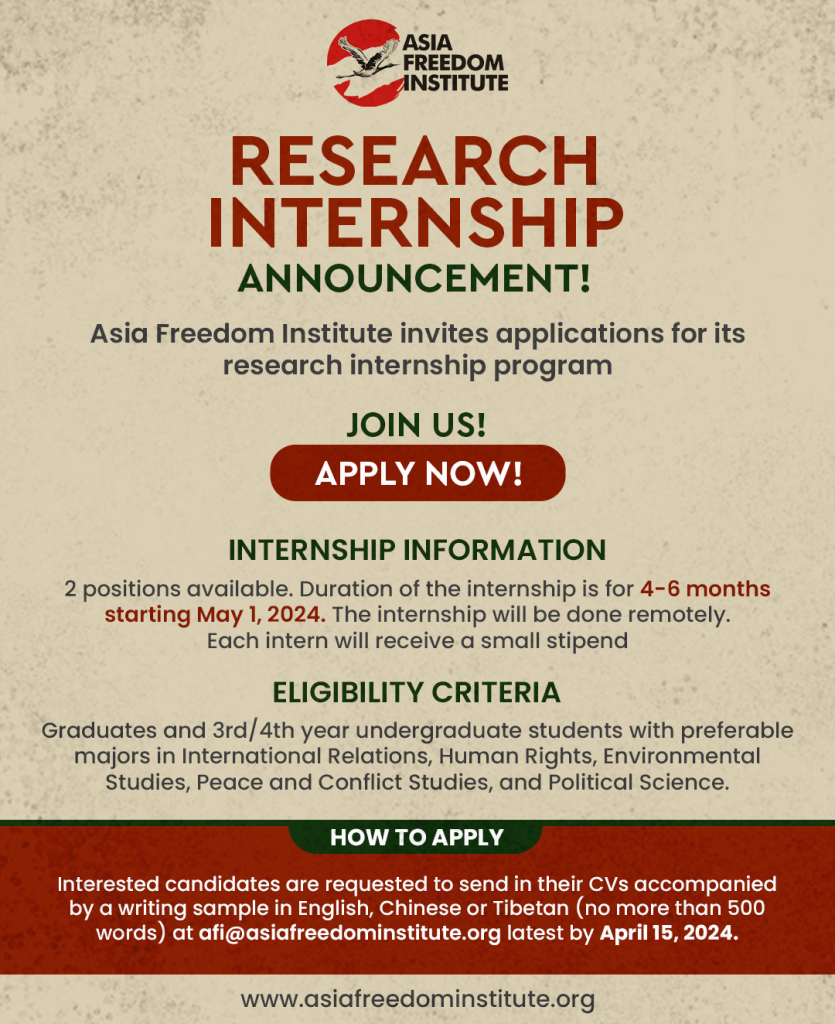Hong Kong police on July 3 offered a reward of up to 1 million Hong Kong dollars (US$128,000) for information that would bring about the arrest of prominent democracy activists residing overseas in the latest and most brazen example of transnational repression by the Chinese government and the Chinese Communist Party (CCP).
Hong Kong authorities announced charges against eight individuals residing in the United States, Australia and Britain. The arrest warrants and bounties were aimed at former lawmakers Nathan Law, Dennis Kwok and Ted Hui, lawyer Kevin Yam as well as activists Finn Lau, Anna Kwok, Elmer Yuan and unionist Mung Siu-tat. They were charged with “colluding with foreign forces” and accused of violating Hong Kong’s national security law which came into effect on June 20, 2020 after the massive protests in 2019 and 2020. Hong Kong’s chief executive, John Lee, said the eight dissidents would be “pursued for life.” Local police have so far arrested 260 individuals for violations of the security law.
Anna Kwok, Executive Director of Hong Kong Democracy Council and one of eight dissidents charged, issued a statement and said “the Hong Kong government is absurdly overreaching by issuing a bounty for myself and seven other activists in exile. It has no authority to arrest anyone overseas. Clearly, it intends to intimidate us and to stoke a mob mentality among Chinese Communist Party supporters in favor of further purges of pro-democracy activists. I affirm the determination of every Hong Kong freedom fighter to continue on our path to freedom and democracy. I will not back down and will fight even harder.”
The Hong Kong government’s bounty offer is part of an increasing and disturbing trend of transnational repression by the Chinese government and the CCP. Other similar and recent measures used by Beijing and which have been widely reported in international media include overseas Chinese police outposts and spying on or intimidating members of Chinese, Tibetan and Uyghur communities overseas.
Britain’s foreign secretary, James Cleverly, said Britain “will not tolerate any attempts by China to intimidate and silence individuals in the UK and overseas. The UK will always defend the universal right to freedom of expression and stand up for those who are targeted.”
“The extraterritorial application of the Beijing-imposed National Security Law is a dangerous precedent that threatens the human rights and fundamental freedoms of people all over the world,” US State Department spokesperson Matthew Miller said in a statement.
The Washington Post in an editorial board opinion piece urged the Biden administration to consider whether it should invite John Lee to attend the Asia-Pacific Economic Cooperation summit in San Francisco in November. It said inviting him “will send the wrong signal that he can extend his iron fist inside democracies — without any consequences.”

